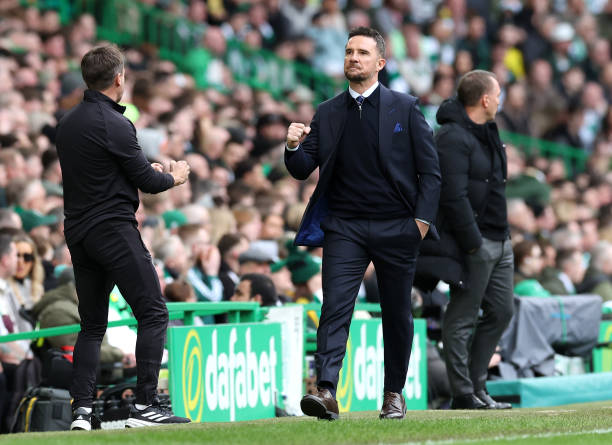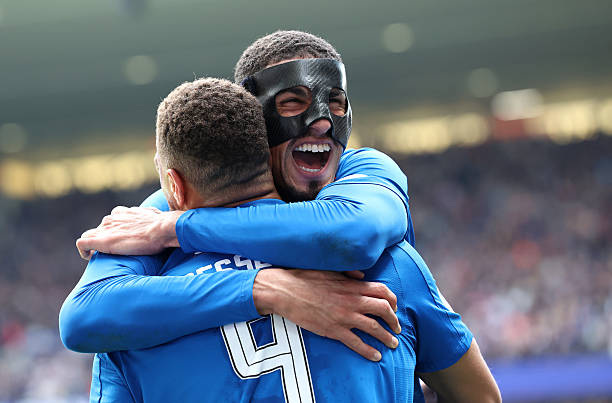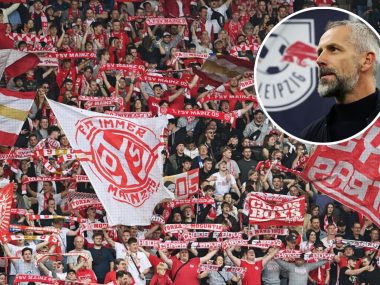Barry Ferguson, acting as Rangers’ interim manager, made headlines last weekend by refusing to allow his Rangers side to give Celtic a guard of honour at Ibrox following their title win — and his reasoning struck right at the heart of the Old Firm rivalry.
Traditionally, a guard of honour is seen as a sportsmanlike gesture, where the opposing team lines up to applaud the newly crowned champions onto the pitch. But in Glasgow, things are never that simple.
Ferguson, a lifelong Ranger and former captain, stood firm on the decision, stating there was no precedent for such a gesture between the two sides and that the rivalry is built on competitiveness, not ceremony.

“I don’t think Celtic players would expect it, nor would they want it,” Ferguson reportedly said in the lead-up to the game.
“The focus is on the match, and that’s where it should stay.”
His choice to snub the tradition echoed similar decisions from both clubs in previous years, where neither side has consistently given the other a guard of honour after title victories.
The last major flashpoint came in 2019 when Celtic chose not to applaud Rangers despite their win in the Scottish Premiership, citing the absence of an official league conclusion due to the COVID-19 pandemic.
For Ferguson, it wasn’t just about rivalry — it was about maintaining focus and standards. He believed showing respect would come in the form of performance on the pitch, not in gestures before kickoff.

That belief was reflected in Rangers’ energy and approach during the match, where they aimed to make a statement despite the title already being secured by their rivals.
The decision has been widely supported by Rangers fans, who view it as a sign of pride and defiance, while Celtic supporters have predictably taken exception to what they see as a lack of respect.
In the end, Ferguson’s stance reinforced the uncompromising edge that defines the Old Firm. A rivalry where every detail matters — and where even a guard of honour can become a battlefield.






